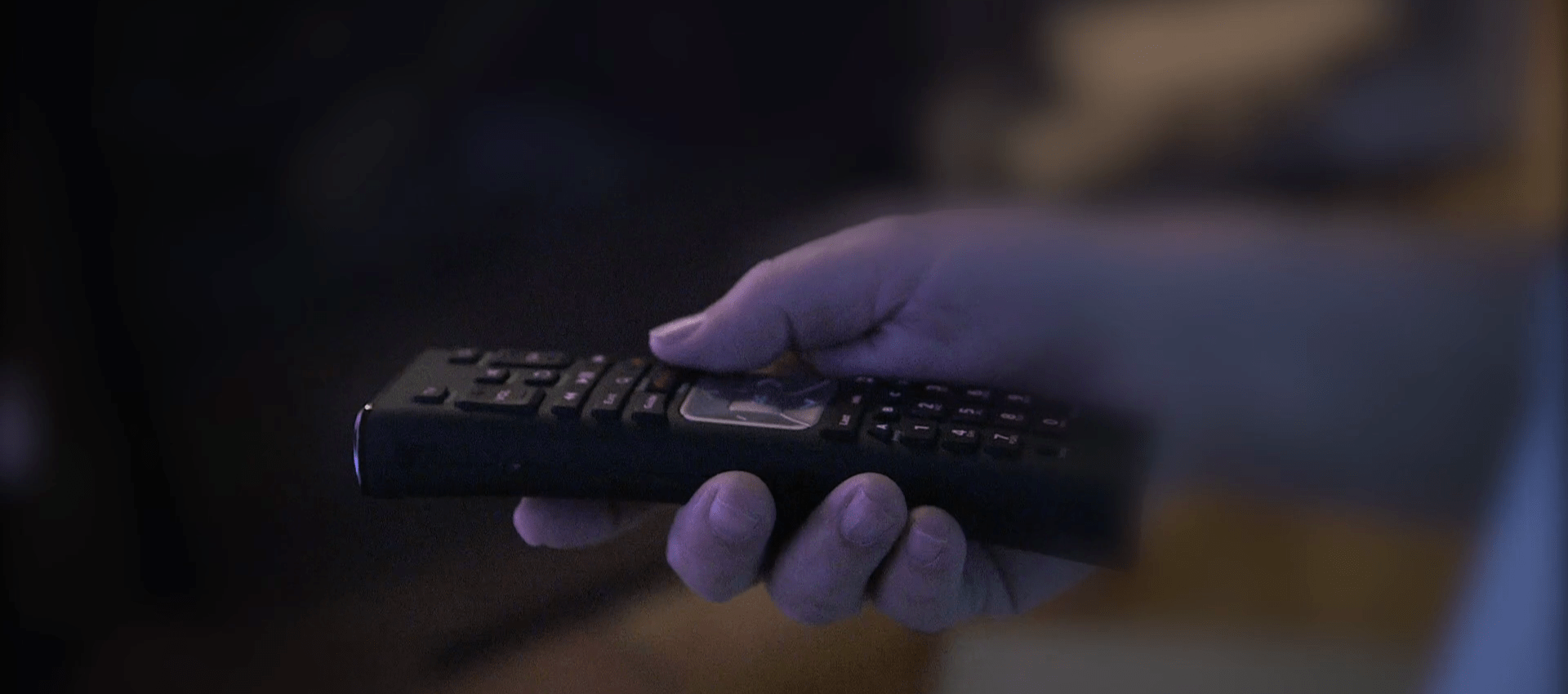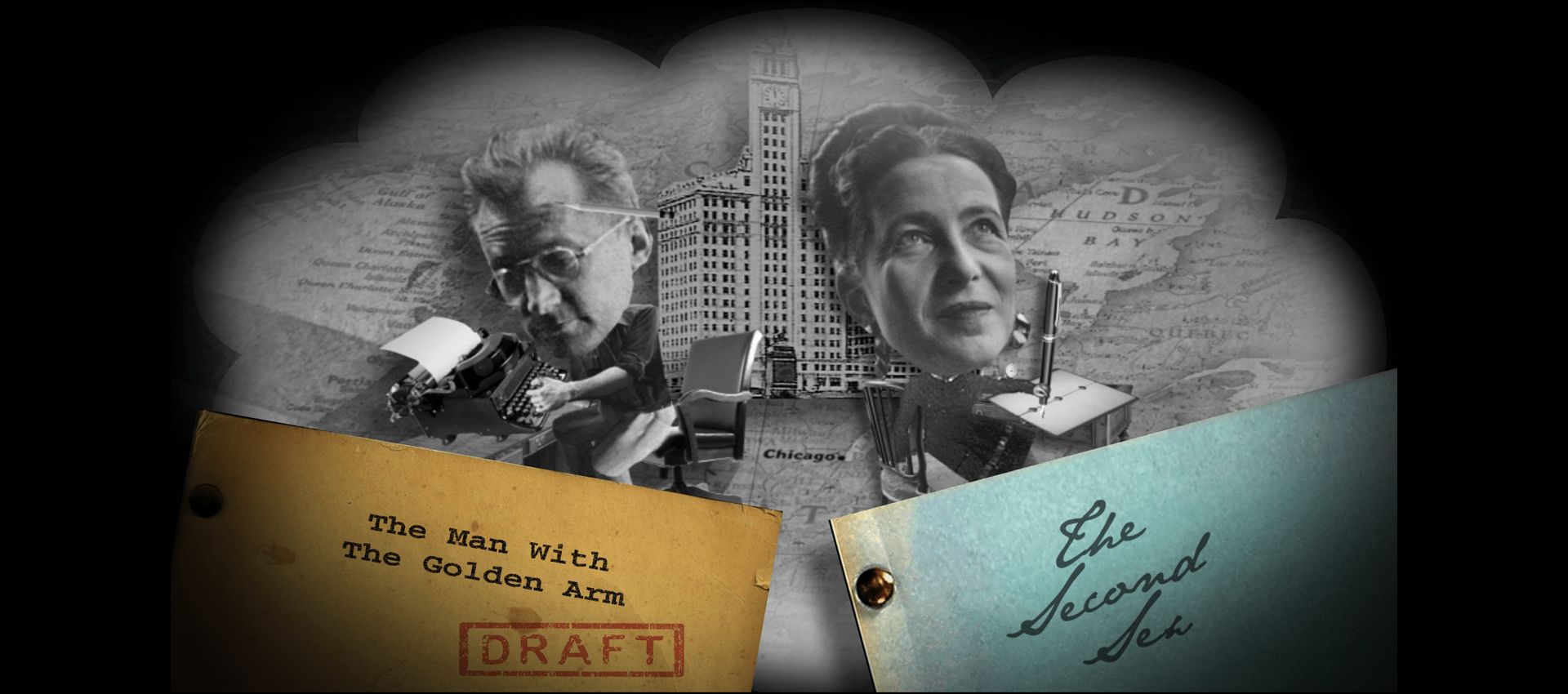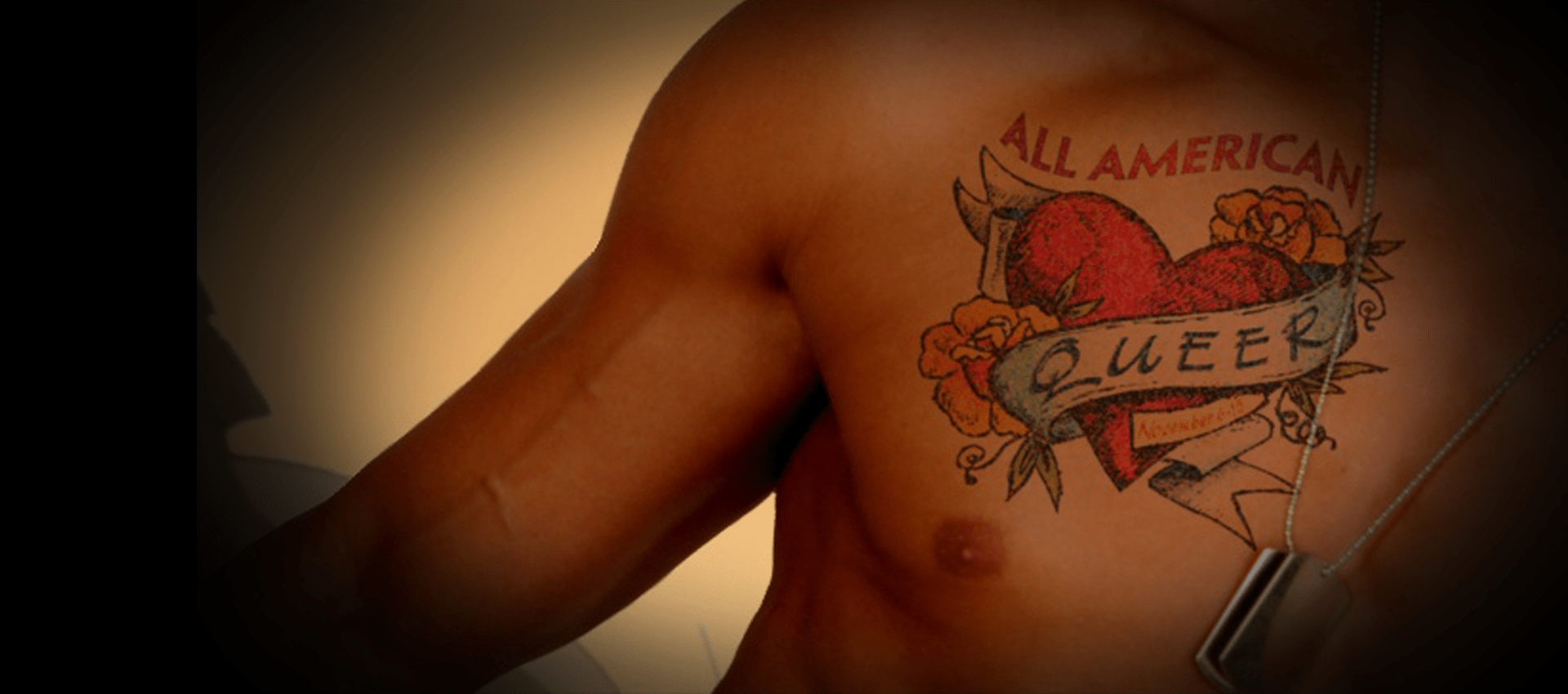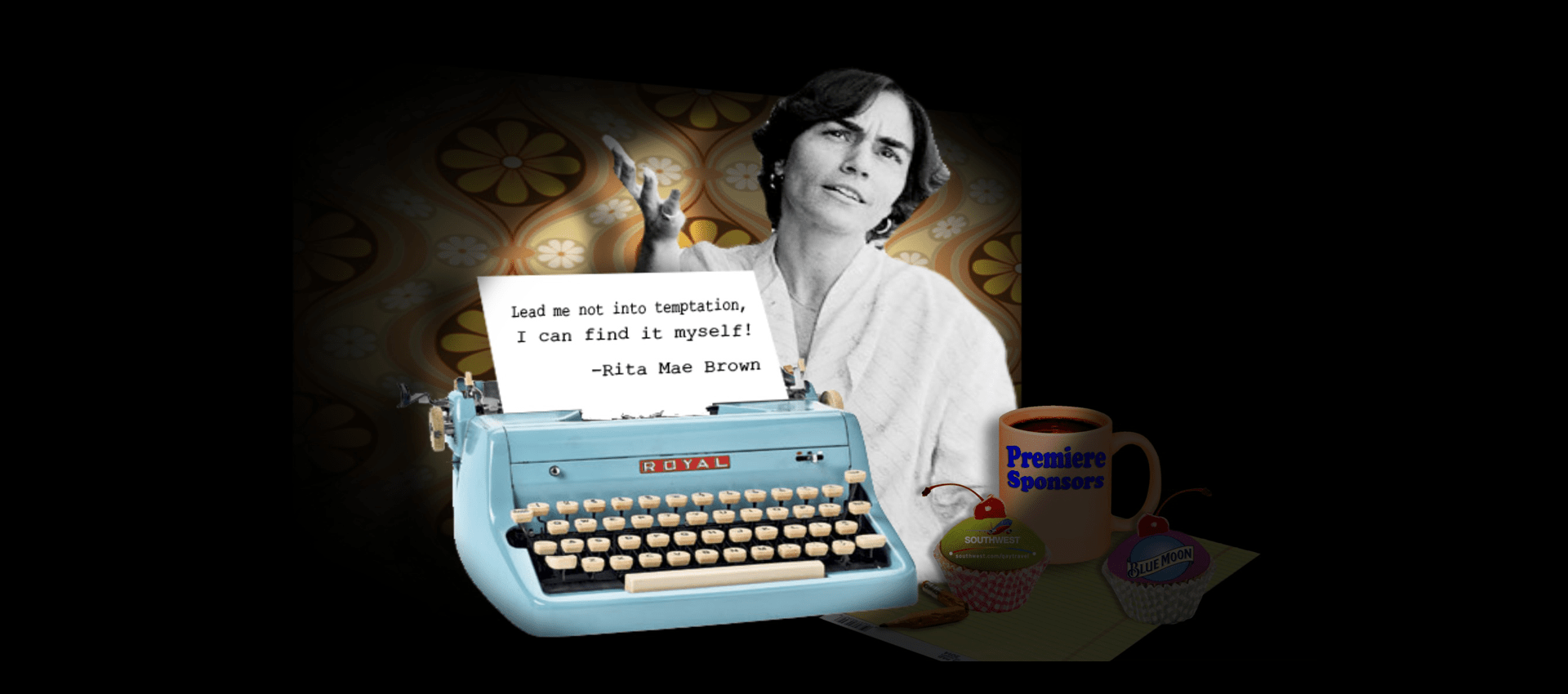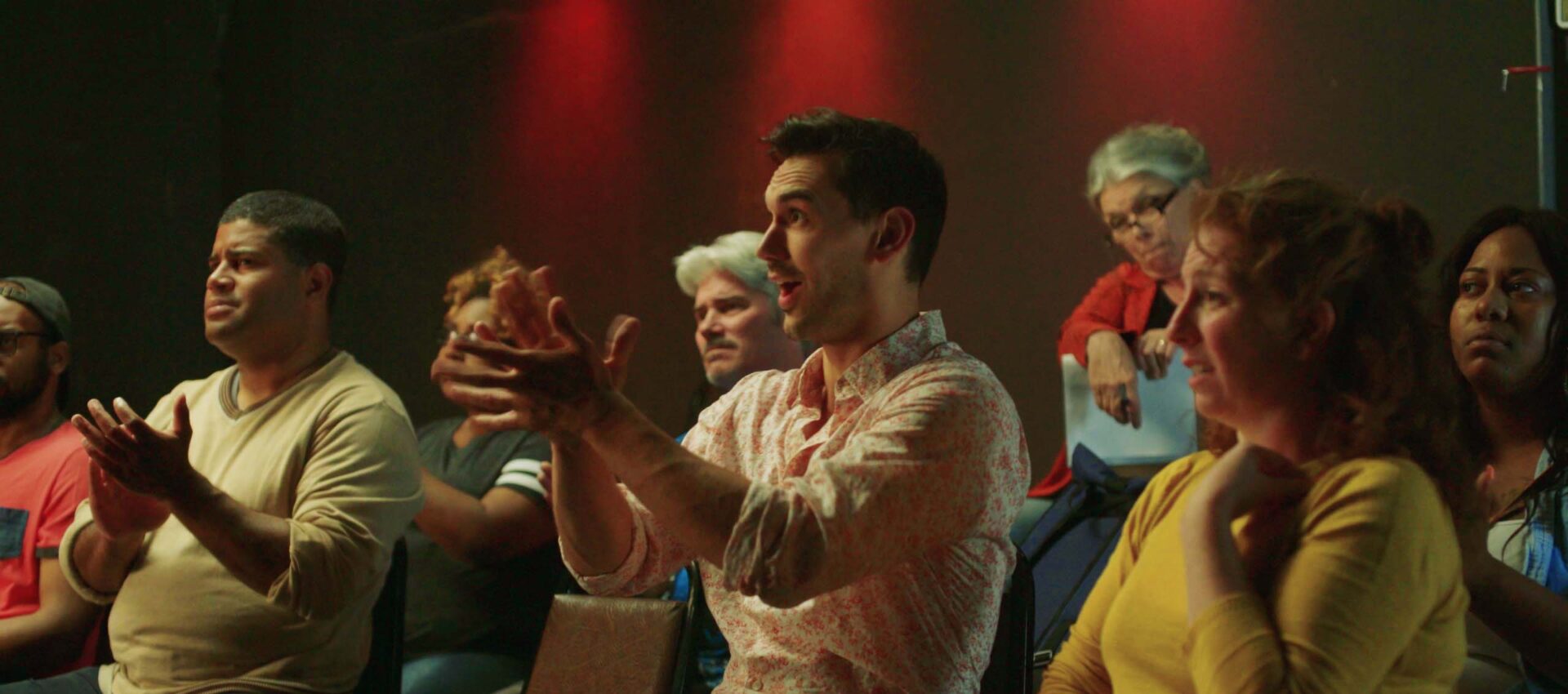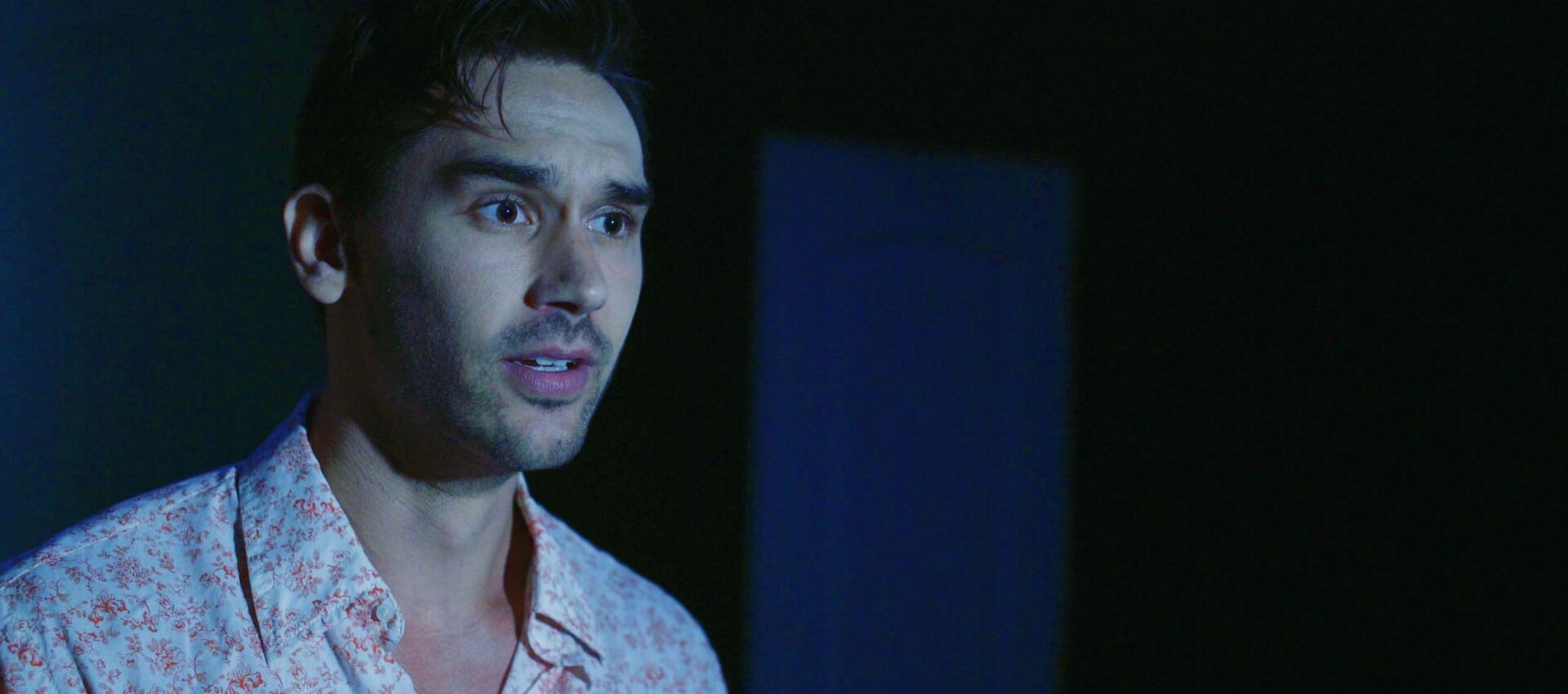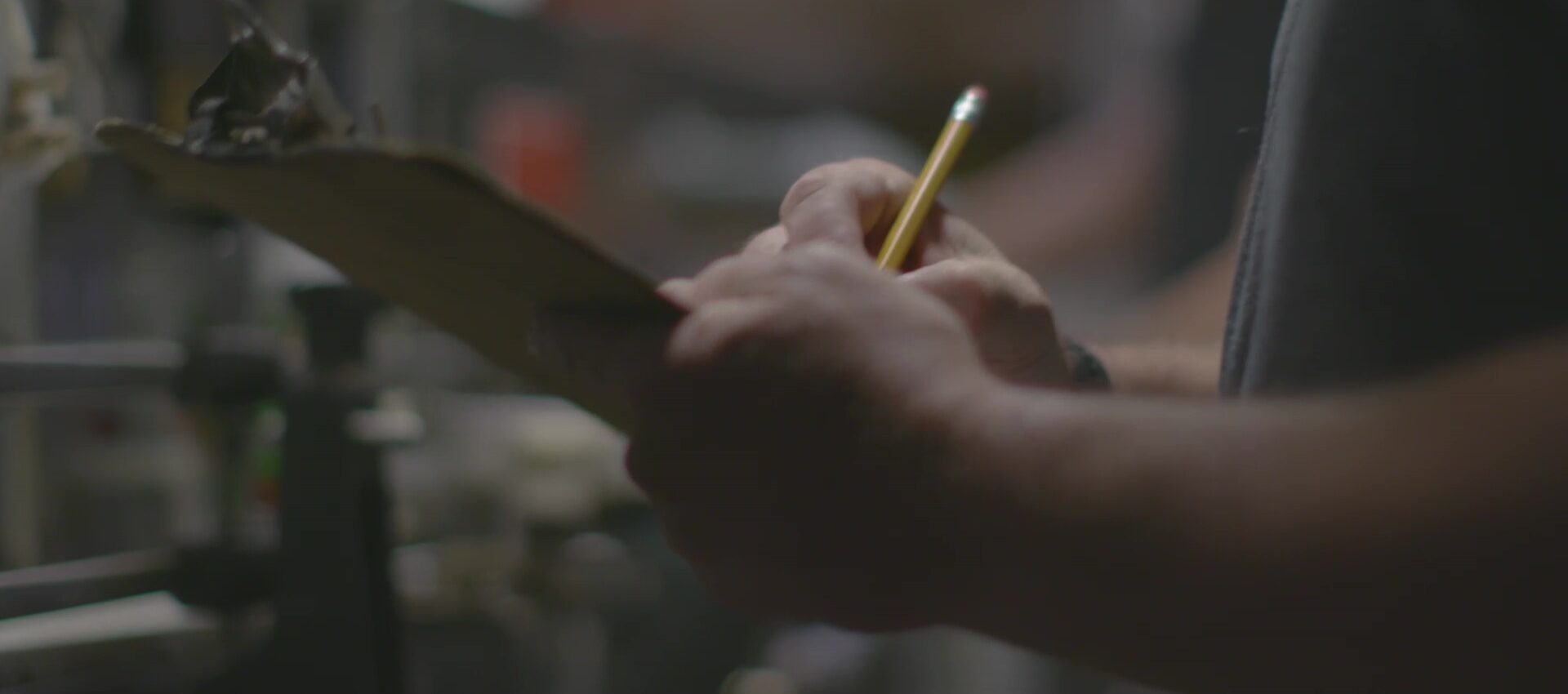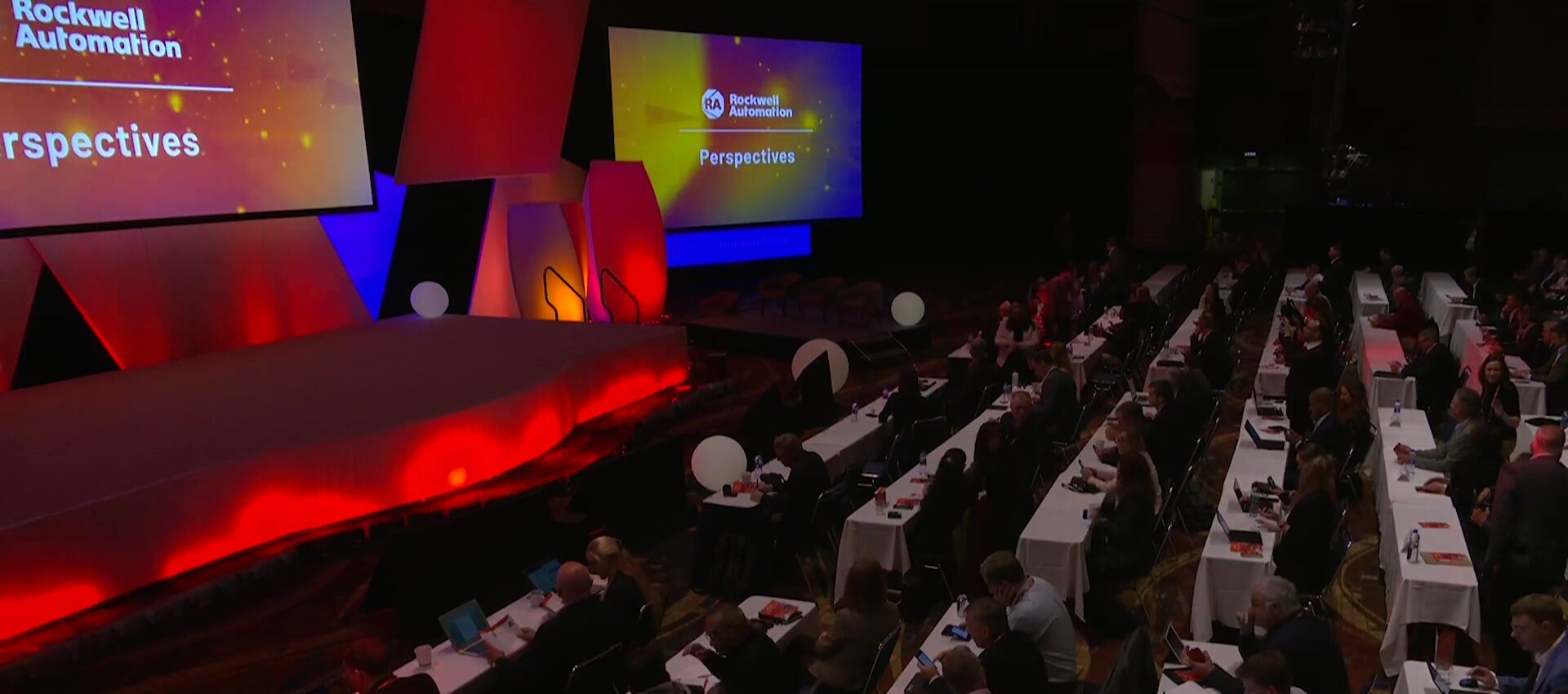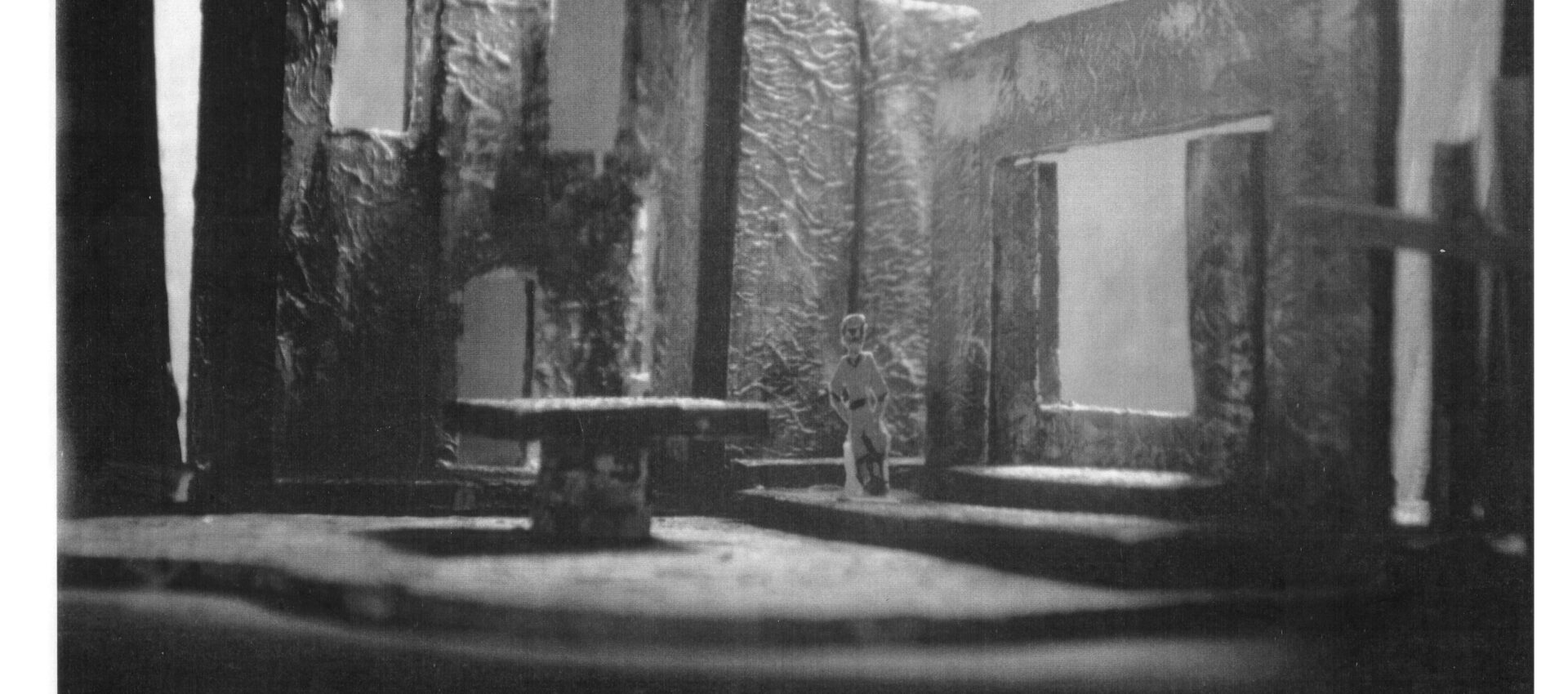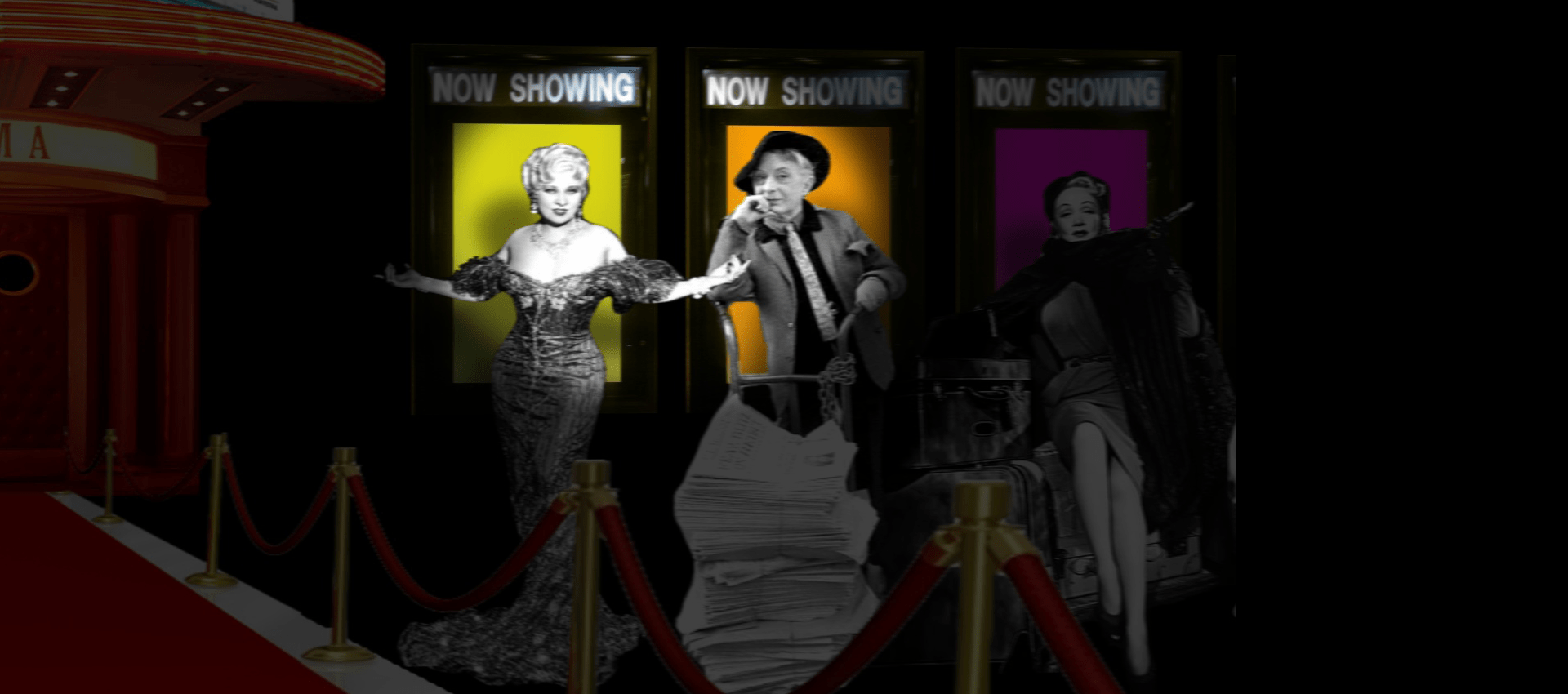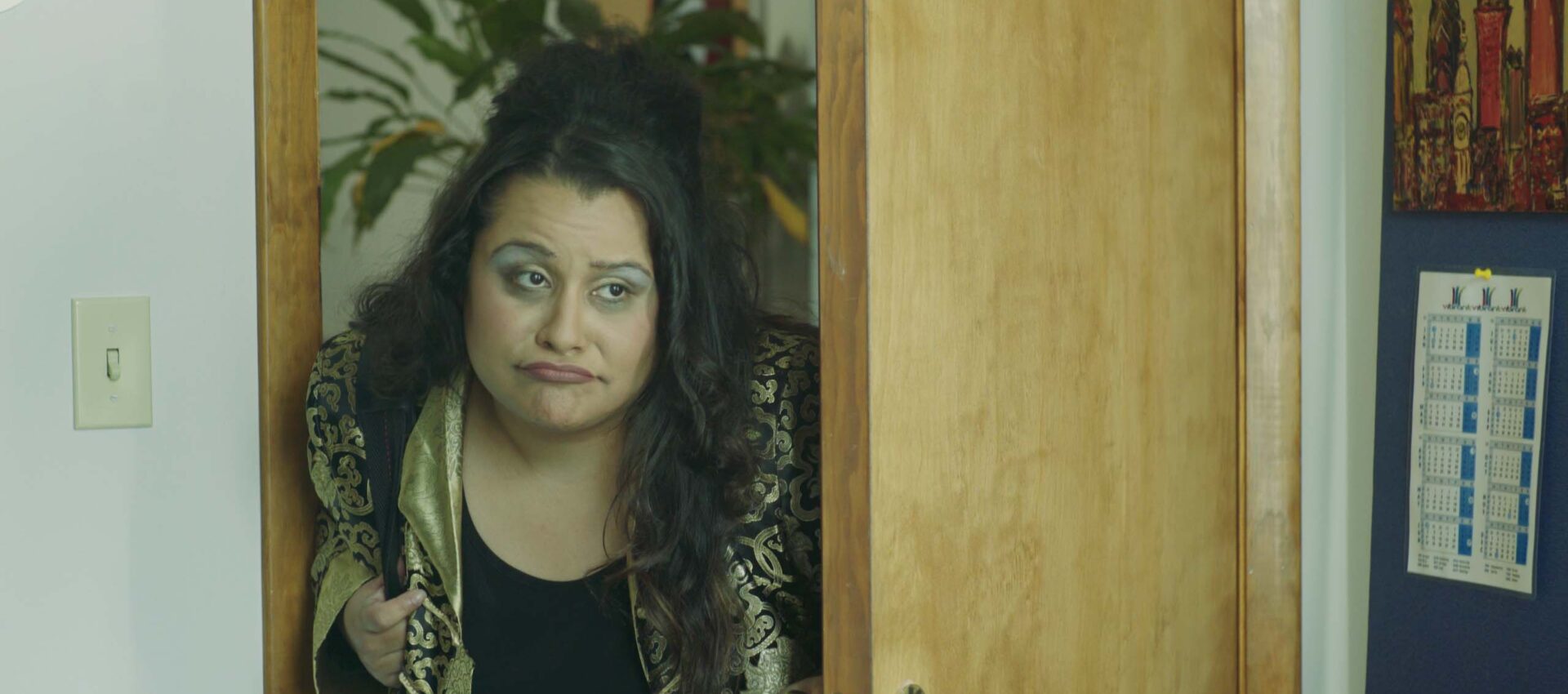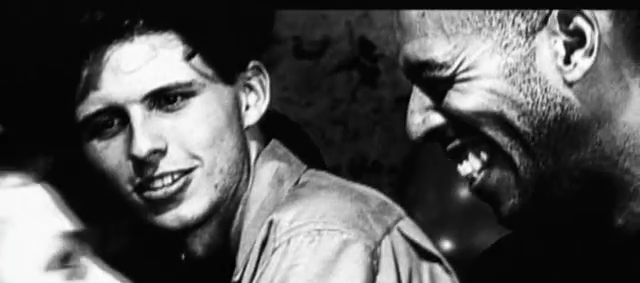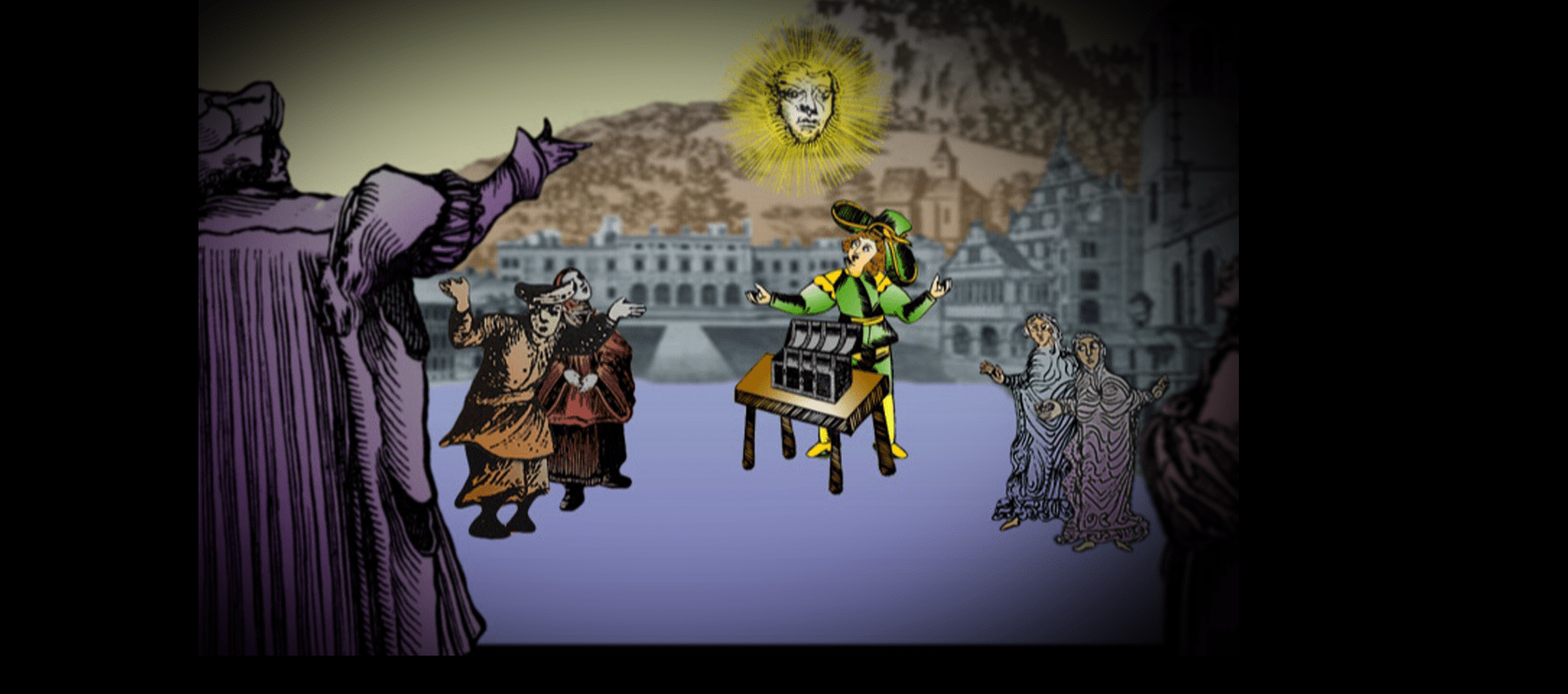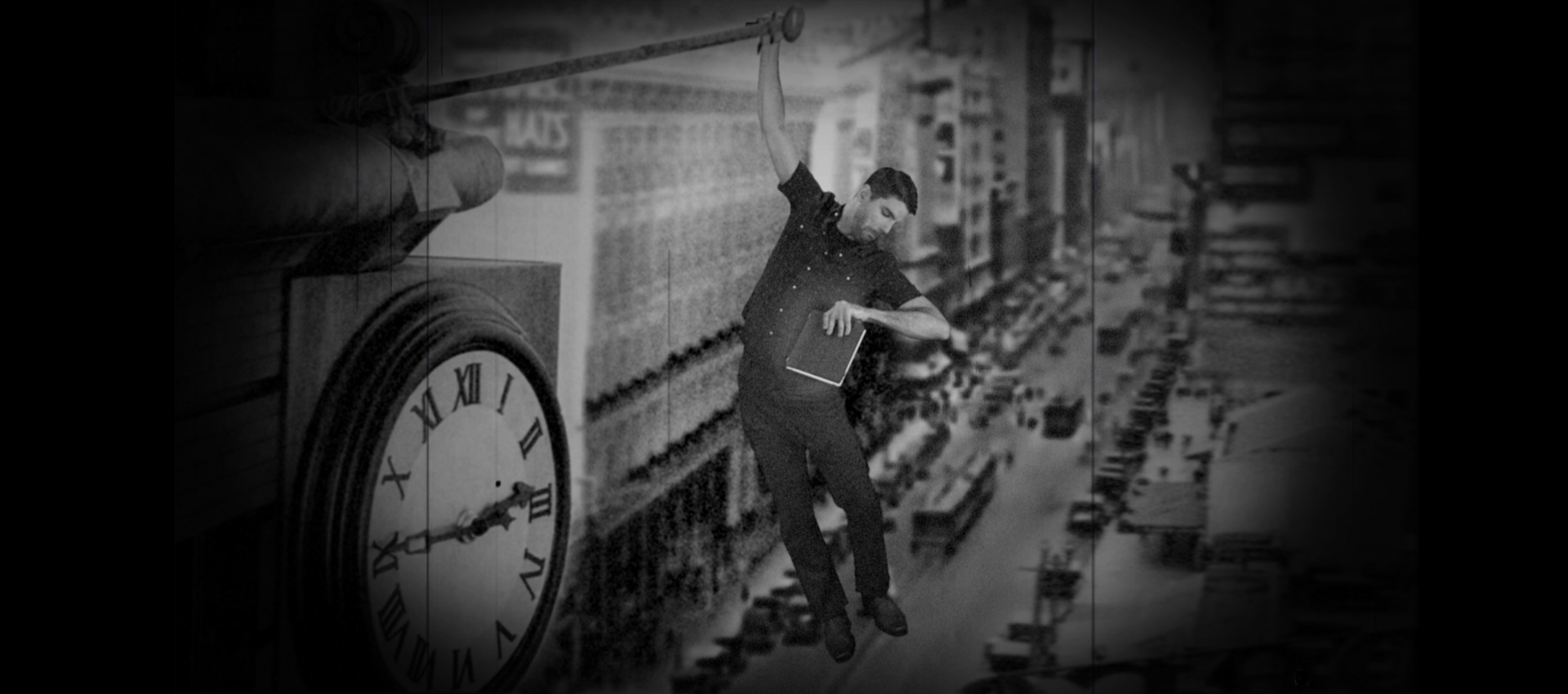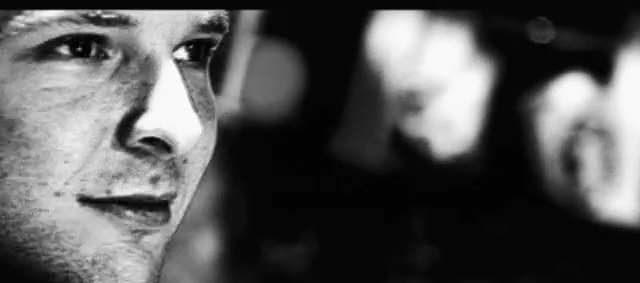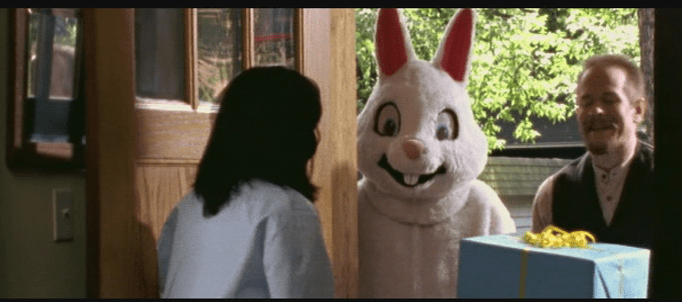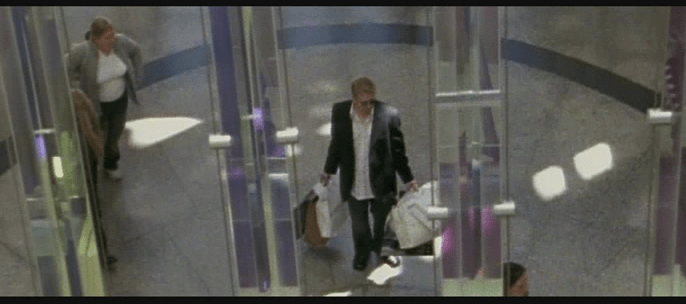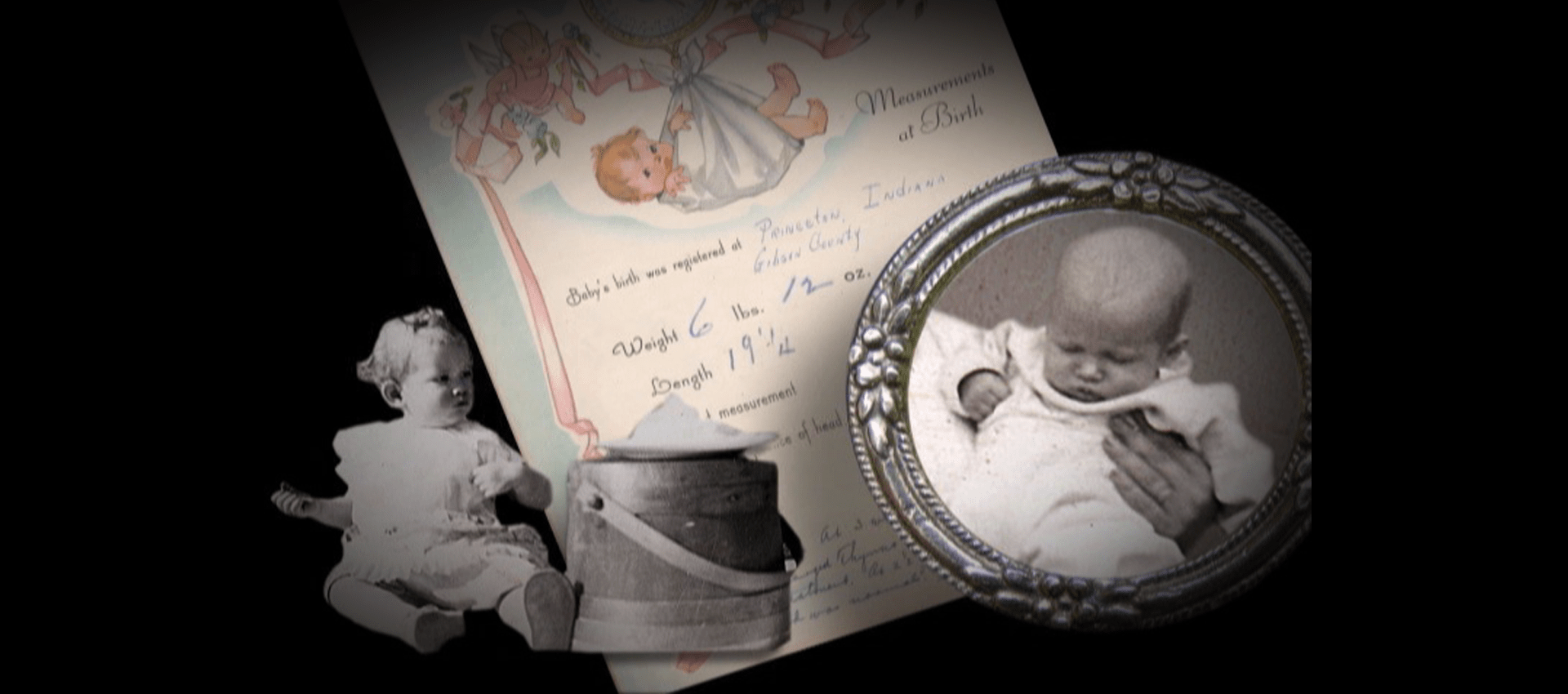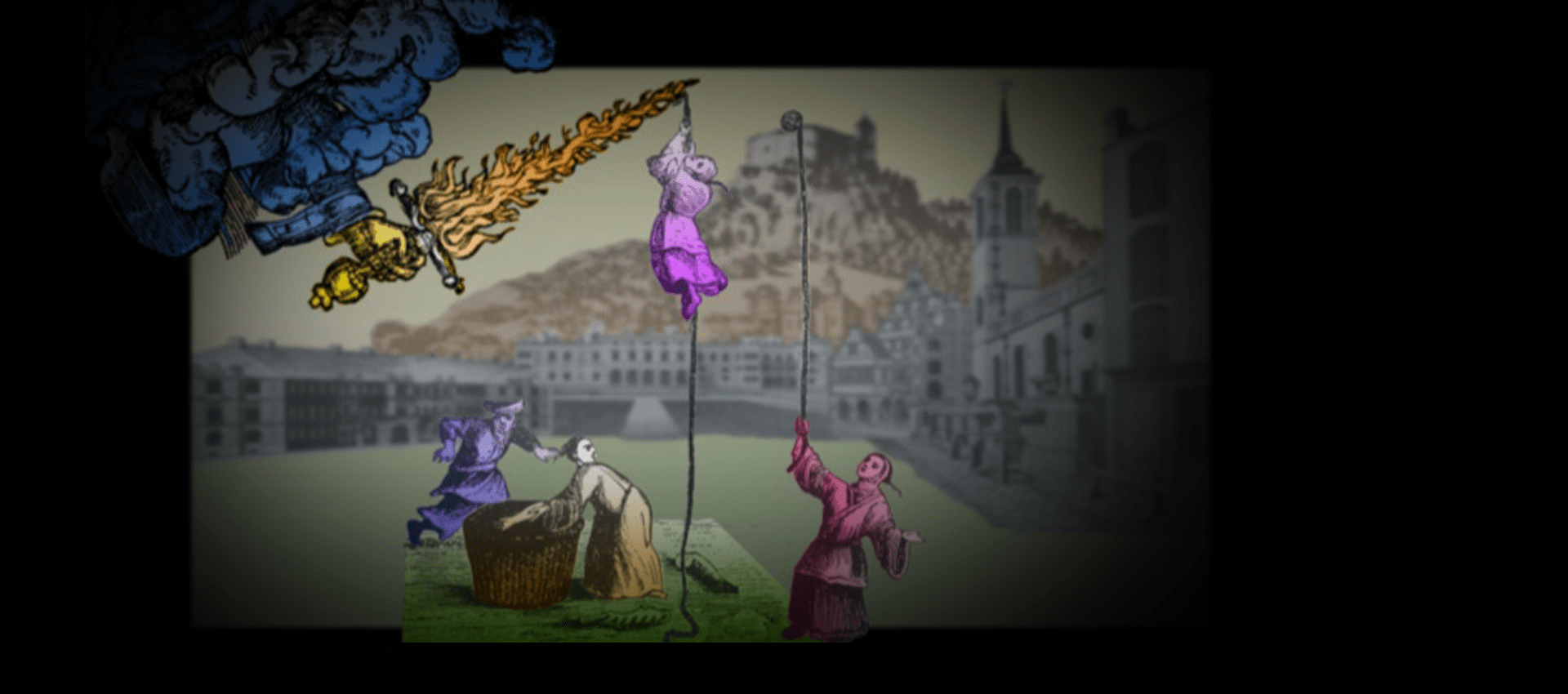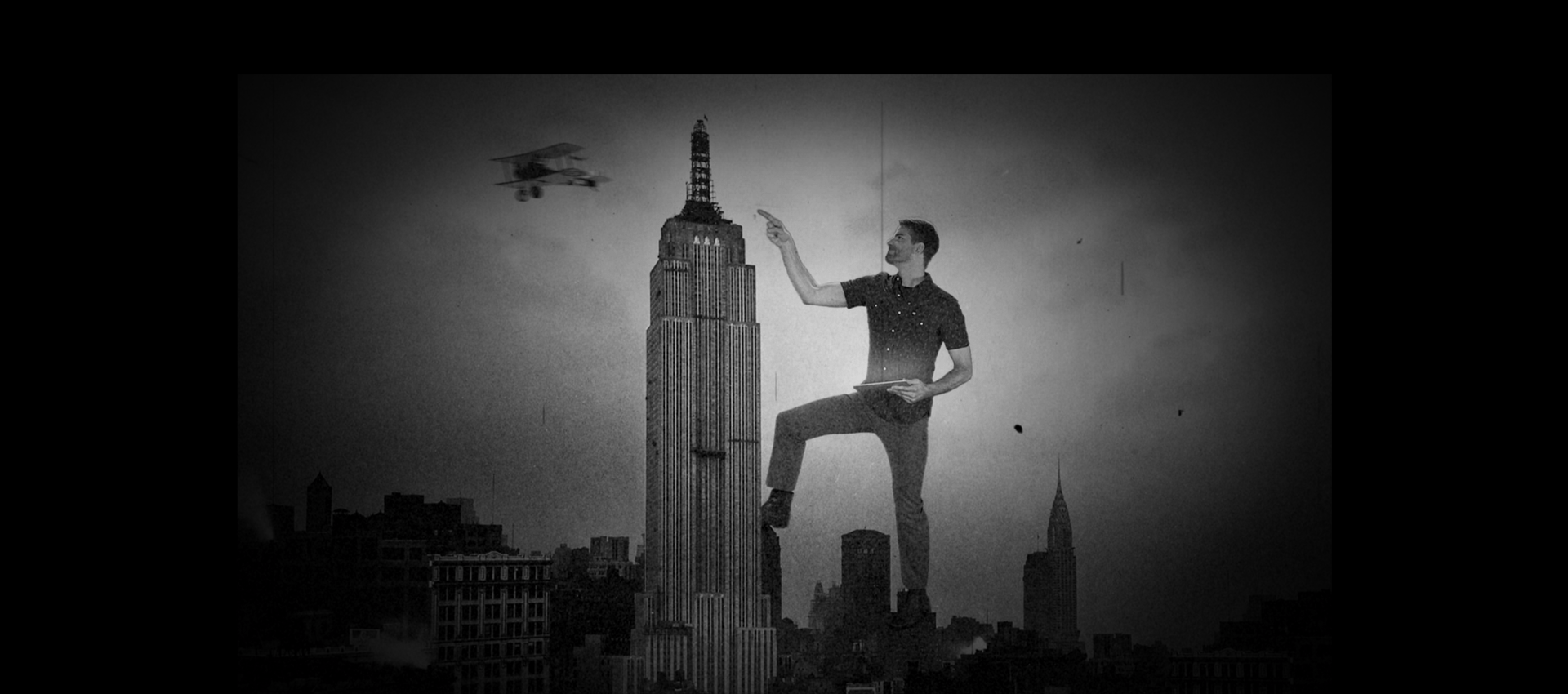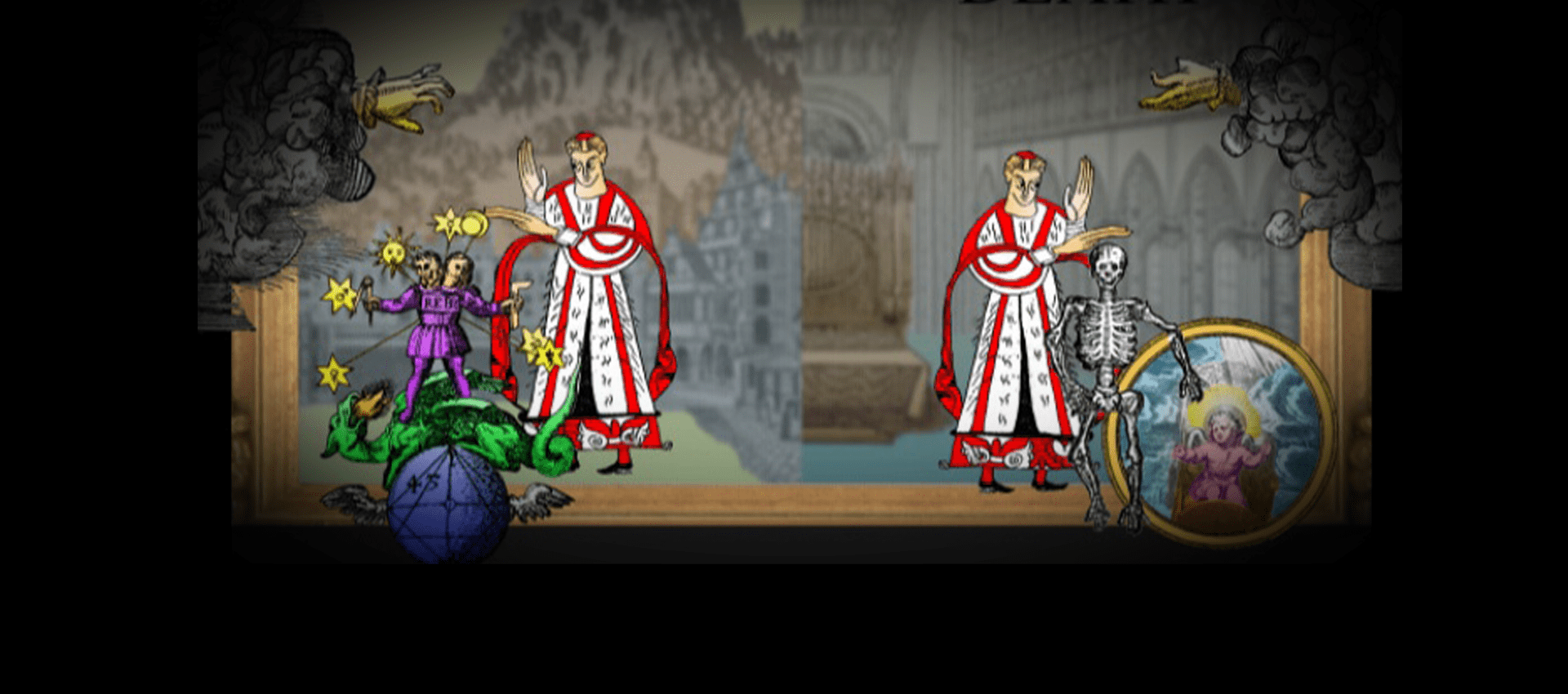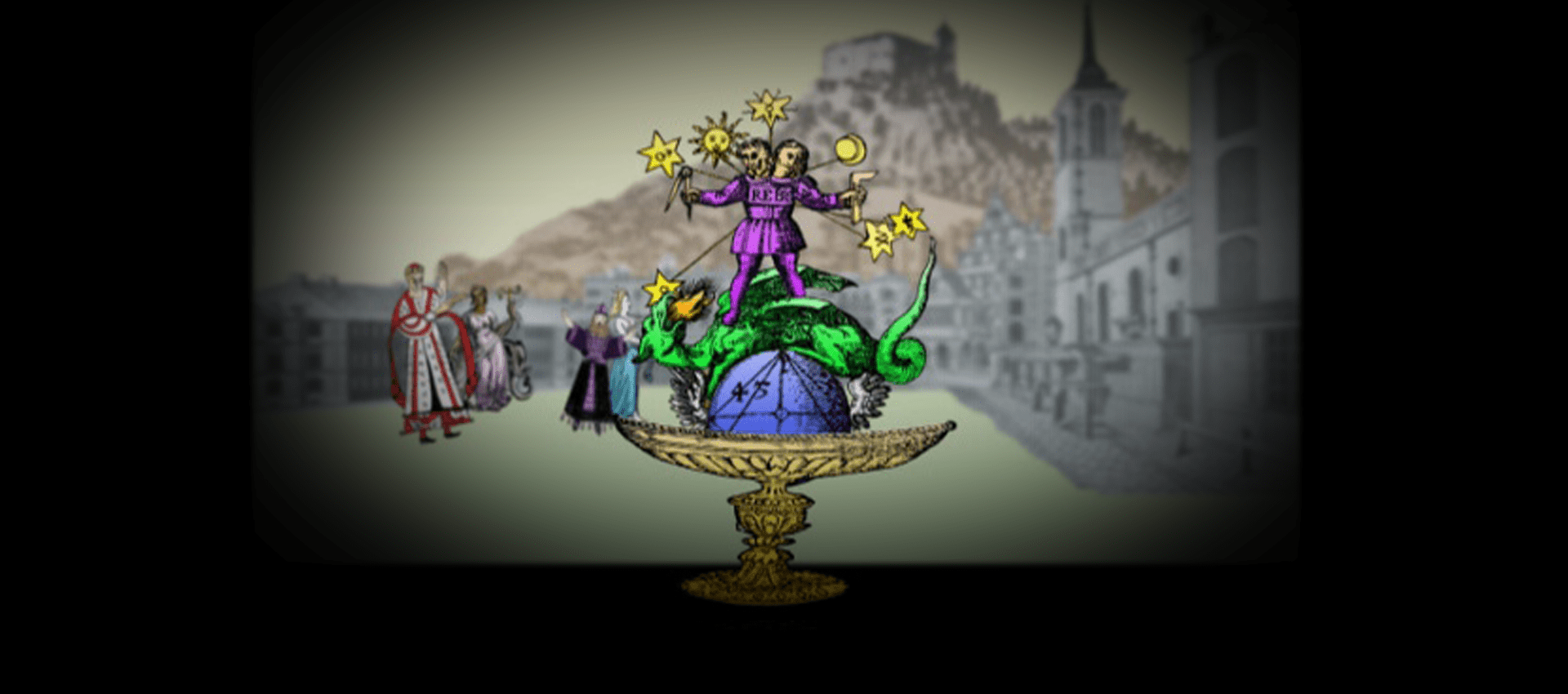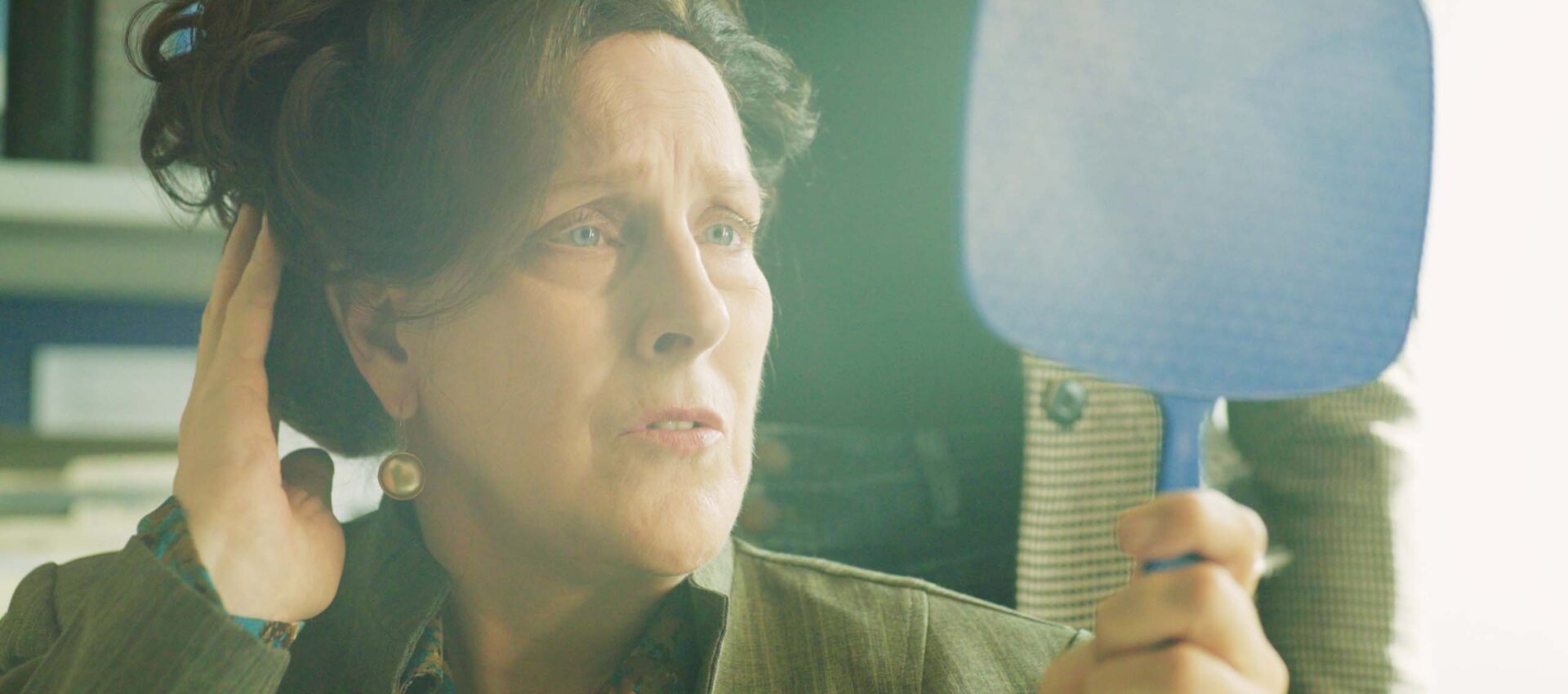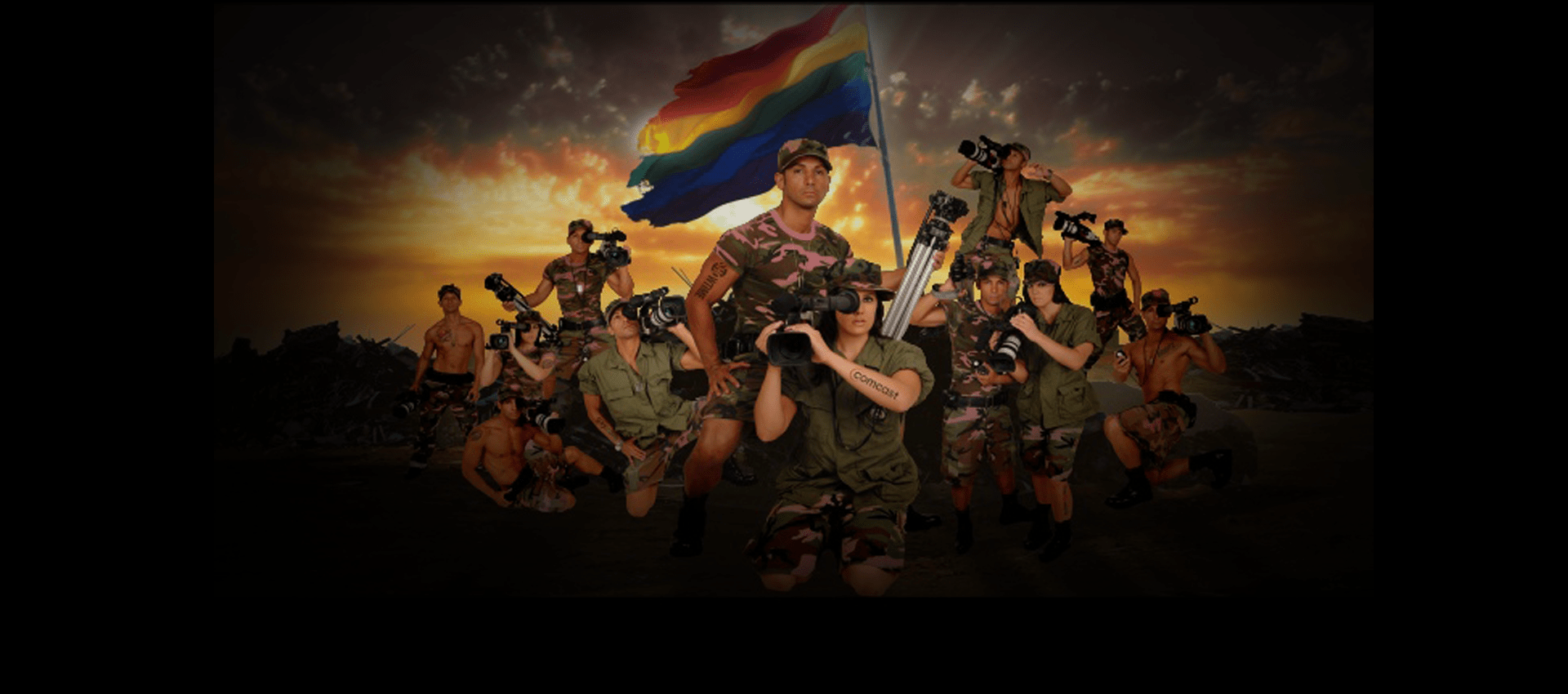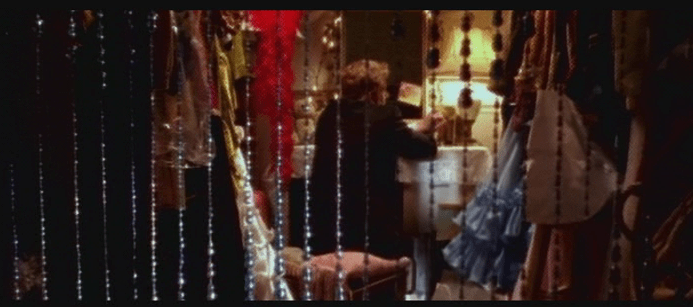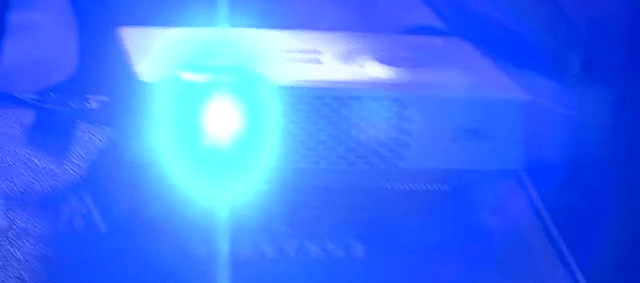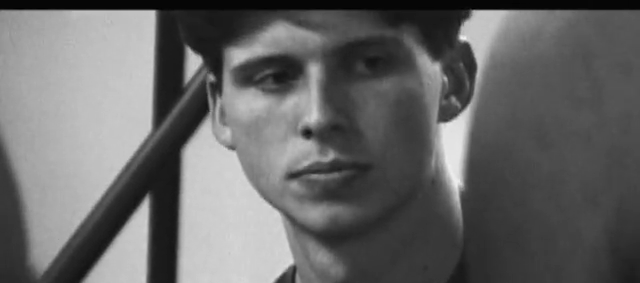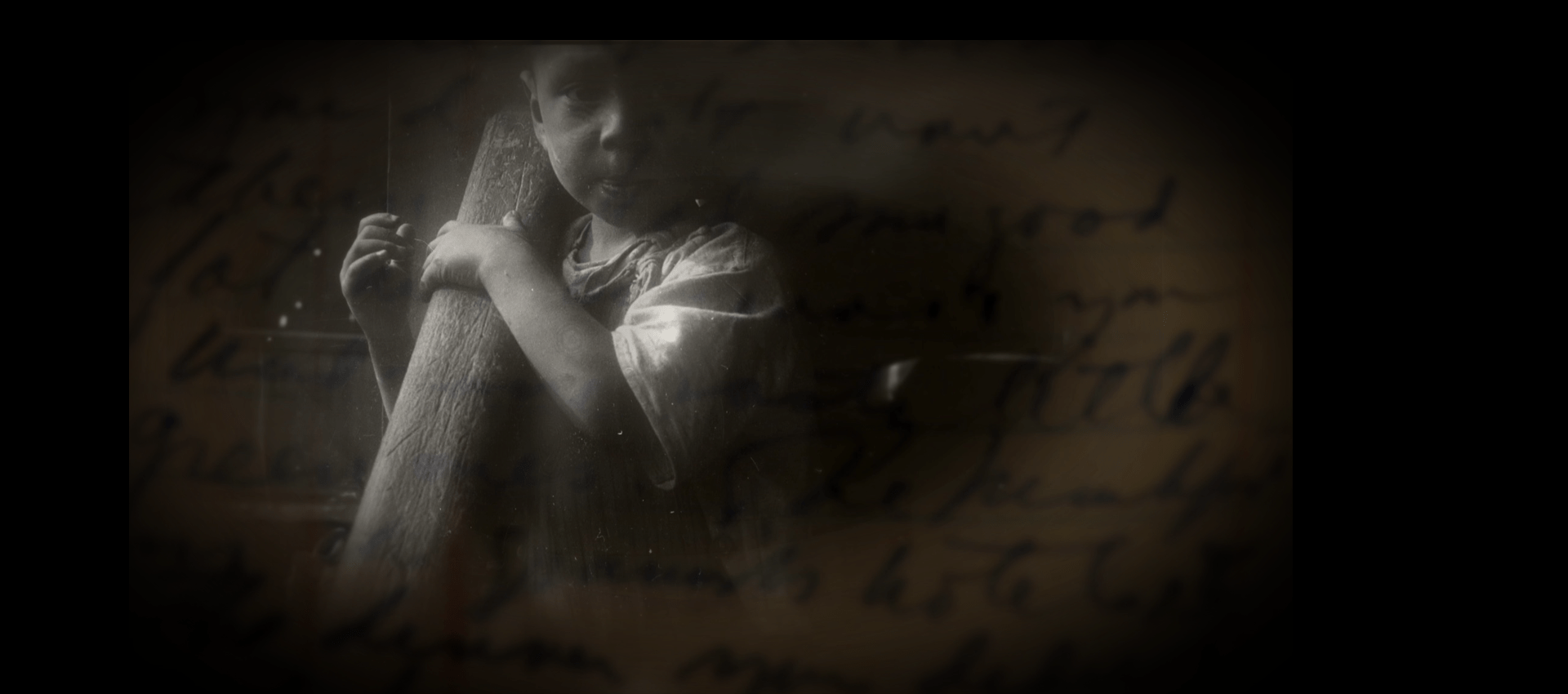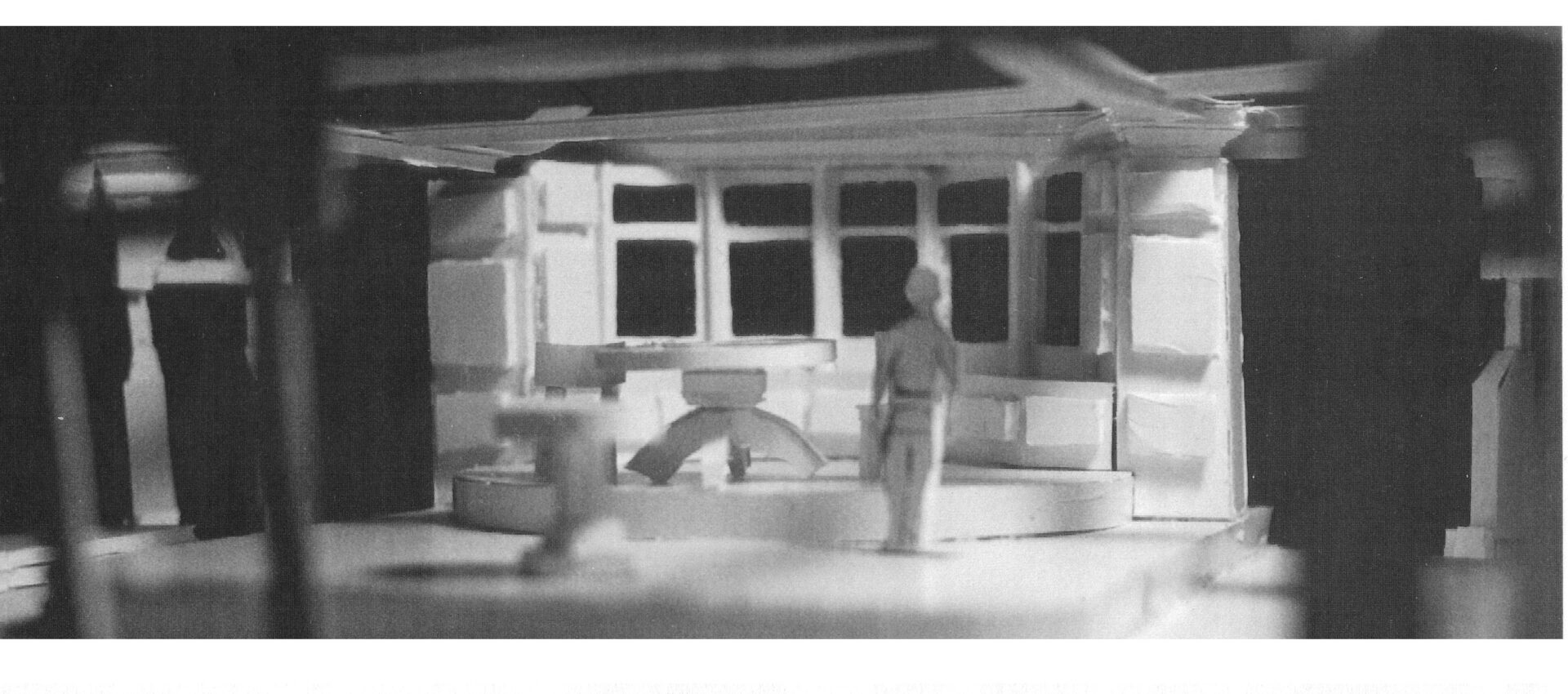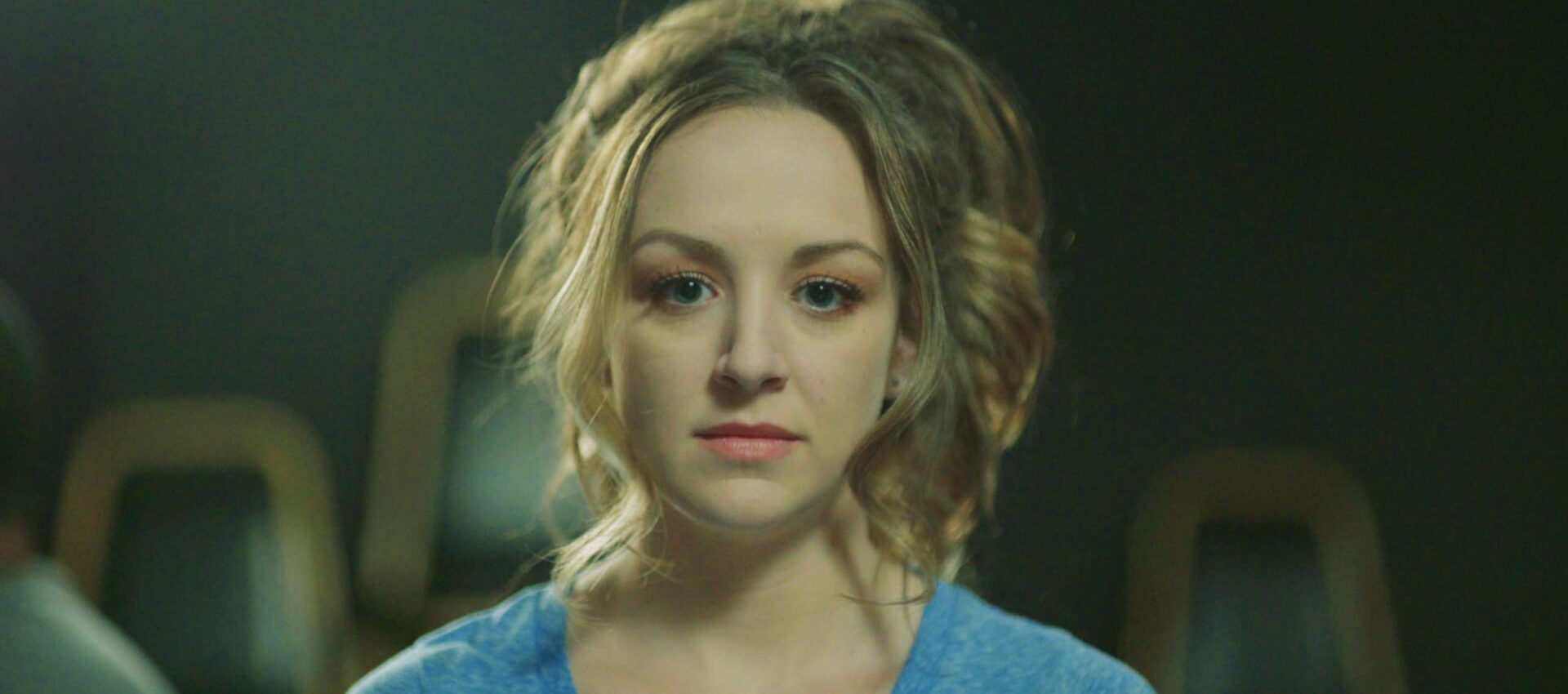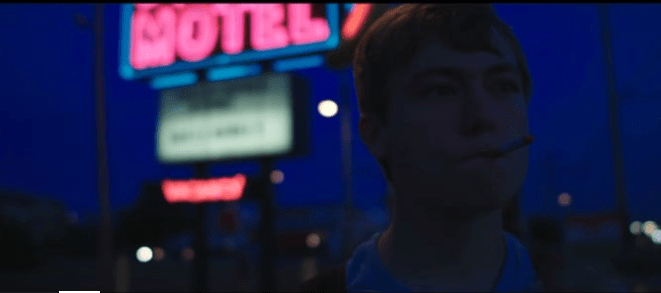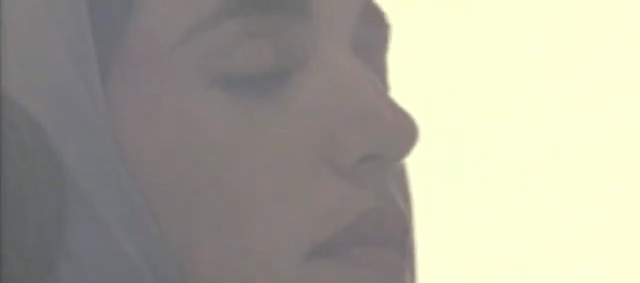
I saw THE WHALE tonight. I had heard negative opinions from three different sources and so went in cautiously. I did not surrender, emotionally to the film as I often like to, but I am left with many very interesting thoughts. I saw Avatar last weekend, and while that was far more palatable and palliative, I left with no interesting thoughts in my head at all.
The film by Darren Aronofsky is an adaptation of a stage play, written for the screen by the author of the play Samuel D. Hunter. Having the original writer do the adaptation is always a risk and I think we see why. The production never transcends its theatrical roots to become a cinematic experience. It remains dependent on what the characters say to one another, instead of trusting the camera to tell the story. The performances are scaled to stage and not the intimacy of the screen, and that does seem like a failure on the part of the director. But I will say, Aronofsky has never really been concerned with his films being palatable, palliative or subtle. MOTHER! was a sledge hammer.
So, you can’t put an aging actor in a fat suit and title the film THE WHALE without talking about the politics of fat. Certainly in trying to make the world a better place, doing away with fat-shaming, ridiculously narrow definitions of beauty and unrealistic body images is important. And the more we research the science of fat, we learn that less and less of what is happening to bodies all over the planet has to do with will power. So slapping moral judgment on people because of the size and makeup of their bodies is completely counter productive. But in a movement that supposedly embraces a wider range of bodies, we also shouldn’t assume that everyone can be Lizzo. Even if we abstain from any discussion of behavior, motivation, or reason, we still have to contend with the realities of living in larger bodies, particularly when they are unhealthy. I live in the modern south and there are members of my family that experience a lot of what Charlie experiences in this film.
Then we must discuss how Charlie’s body is portrayed in the film and what reaction the director is trying to create in the audience. So here is what I believe many viewers have missed. The character actually asks, more than once “are you disgusted by me.” And I think on the surface, many people just assume the answer is yes. I think this is the root of many people’s objection to the film. But I would argue that the filmmaker has gone to great lengths to actually be realistic and not exploitative with Charlie’s body. Charlie recites a list of ailments and developments that have taken hold because of his size, but we never actually see the sores and unhealthy skin. Charlie is not like Mr. Creosote from THE MEANING OF LIFE or Baron Harkonnen from David Lynch’s film of DUNE. Both of those characters were designed to be disgusting to the audience. I would argue that Charlie is merely designed to be realistic and is actually treated rather modestly by the camera.
Charlie is not like Mr. Creosote from THE MEANING OF LIFE or Baron Harkonnen from David Lynch’s film of DUNE.
But we are still stuck with the fact that anytime you use real people, or real traits of people as metaphors, you invite more trouble than the comparison is worth. This has been the case with gay people in literature and film for a long time. And there is a strong part of our movement that has argued, you don’t have to explore why we are gay, or use our sexuality as a metaphor. It is fine for us to just be. Fat is the same way. We aren’t metaphors, we are people.
So, if you put an actor in a fat suit and title the film THE WHALE, people are going to assume the film is about being fat. And people will assume Charlie is physically the whale in the title. But actually, the whale in the title refers to the whale in MOBY DICK. Like Ahab in the novel, each of the characters in THE WHALE has suffered from harboring an obsession that is completely unconcerned with them. (I am tickled by imagining some Liam Neeson-like whale on the phone to Capt Ahab, “I have a very particular set of skills…”) Charlie’s ex wife holds on to the pain Charlie caused her by coming out as gay and leaving her for another man. Charlie didn’t become gay to hurt her or destroy her life. His daughter is obsessed with the pain of him leaving her, but in reality it wasn’t about her. The missionary boy represents the church’s obsession with Charlie’s sexuality. And both Liz and Charlie harbor the obsession over preventing Alan’s death. In none of these cases, were any of these events directly about these people.
I am tickled by imagining some Liam Neeson-like whale on the phone to Capt Ahab, “I have a very particular set of skills…”
THE WHALE is also about control and manipulation. The three women in the play are incredibly angry and use that anger as a way to try to control Charlie. Liz does it with regard to his medical care. Mary does it with custody of Ellie. Ellie does it with her school work. Liz and Ellie both try to control Thomas. Thomas tries to control Charlie’s sexuality. Mary tries to control Ellie. And everybody fails. But this anger all stems from Charlie coming out as a gay man and falling in love. While there is certainly individual pain when a marriage ends, there is also a whole load of cultural baggage when a man chooses to have a sexual and emotional relationship with another man. There is anger over the rejection of hetero-centrism. Charlie breaks the system, and Thomas and these three women punish him mightily for it. His physical state is the only thing he has control over and it is his way of actually manifesting the monster that they all paint him as. They treat him as disgusting until he becomes “disgusting.” This is what I believe the play is trying to say, not that I agree.
WILL AND GRACE touched on this issue during the recent brief re-ignition of the series. The standard backstory during the first run of the show was that Will and Grace made a great couple and Will ruined Grace’s life by turning out to be gay. But in the reboot the two of them talk about how unfair that narrative was to Will. Grace even apologizes for not understanding what Will went through in coming out. It was about letting go of that blame she harbored against Will, for something that wasn’t about her at all.
I think Hunter’s intention is for Charlie to have a catharsis before he dies, as he lets go of the whale he has been chasing. And I think I saw that for the whale that was guilt over Alan’s death. But what concerns me is Charlies guilt over Mary and Ellie. He apologizes in a pitiful, painful way that to me isn’t about letting go of that whale. It’s the opposite. He’s harpooning himself to the whale instead of releasing it. It seems to drag him under, like Captain Ahab.
The play also tries to paint Charlie as the optimist to Mary’s cynic, and the film certainly uses that in it’s marketing campaign, like Charlie is some fat, gay Anne Frank
The play also tries to paint Charlie as the optimist to Mary’s cynic, and the film certainly uses that in it’s marketing campaign, like Charlie is some fat, gay Anne Frank. But those moments ring false to me. Actually what seems truer is that in his extreme physical and emotional ill health, Charlie has become so pitiful that he actually achieves a kind of zen-like ego-less-ness. And it is this extreme lack of ego that allows him to circumvent all of the anger and control that the other characters try to wield against him. In that, I think Charlie actually does find some truth as a teacher and a parent.
THE WHALE is complicated and flawed, but I walked away with far more from it than I expected. And I think it’s reception is actually hindered more by our inability to deal with real human complexity in an internet, meme ready society, than by problems in the work itself. Fun? No. But sometimes we need more than fun.
